
Similar Posts
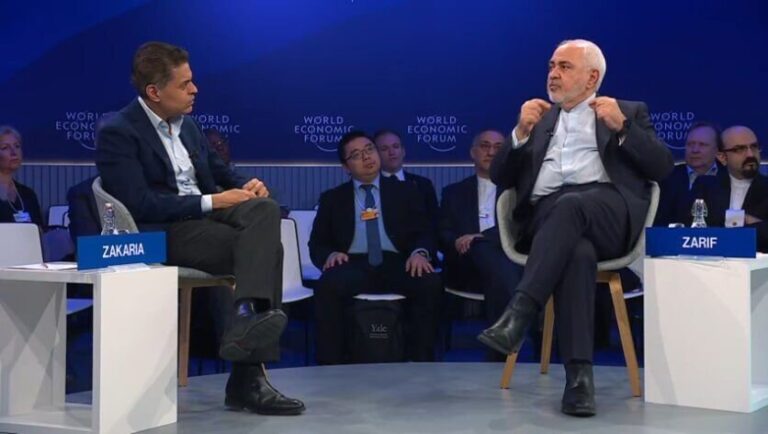
Iran’s Zarif Denies Government Pressure on Women in Exclusive CNN Interview
Recent statements by former Iranian foreign minister Mohammad Javad Zarif at the World Economic Forum highlighted evolving women’s rights in Iran, particularly regarding hijab laws. Zarif noted a shift in government policy, allowing women in Tehran to choose whether to cover their hair without facing pressure, reflecting a growing societal sentiment for personal freedoms. This decision, part of President Masoud Pezeshkian’s election promise, has support from various leadership figures. Despite these changes, Zarif emphasized that more comprehensive measures are needed for women’s rights. The backdrop includes protests following the death of Mahsa Amini, underscoring ongoing struggles for equality in Iran.
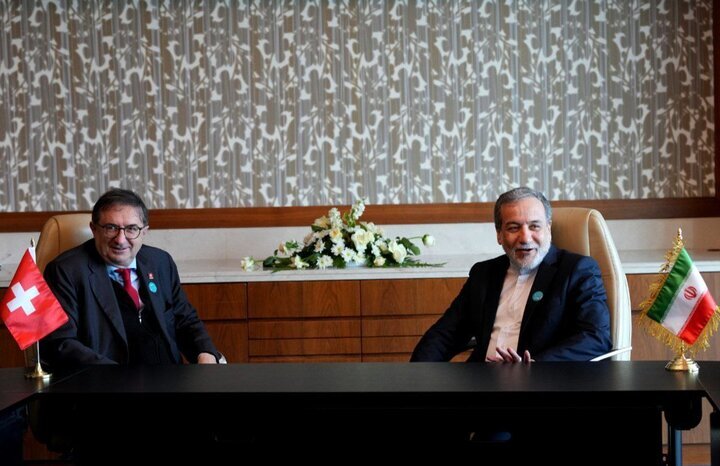
Iran’s FM Araghchi Engages in Key Talks with Swiss Envoy on MENA Issues
Iranian Foreign Minister Abbas Araghchi met with Swiss Special Envoy Wolfgang Amadeus Brülhart to enhance diplomatic relations and dialogue in the Middle East and North Africa (MENA). Their discussions centered on regional stability, humanitarian concerns, and potential economic cooperation. Araghchi emphasized Iran’s willingness to engage constructively, while Brülhart reaffirmed Switzerland’s commitment to facilitating dialogue and mediation in the region. The meeting underscores Switzerland’s unique role as a neutral mediator and its history of supporting peace initiatives. Both diplomats highlighted the importance of ongoing communication, setting the stage for future diplomatic efforts and potential cultural exchanges between Iran and Switzerland.
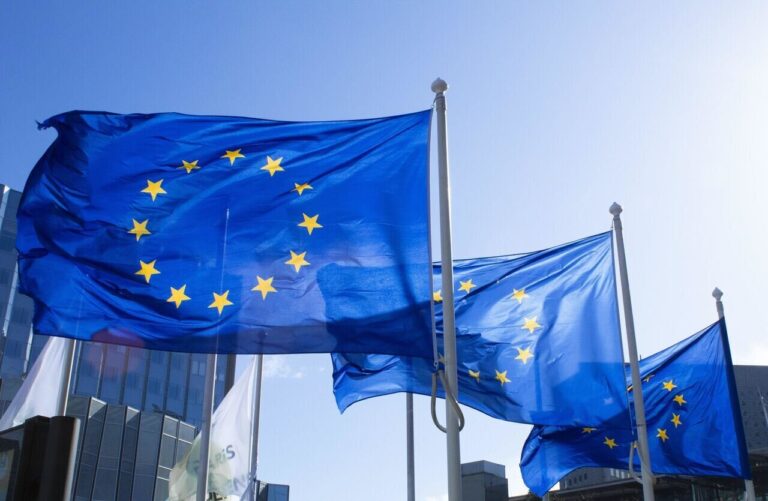
EU Unleashes Fresh Sanctions on Iran: A Bold Move in International Relations
The European Union has imposed new sanctions on key Iranian figures, including officials from Tehran’s Evin Prison, in response to ongoing human rights violations. These sanctions involve asset freezes and travel bans, reflecting the EU’s commitment to addressing abuses within the Iranian judicial system. The measures highlight concerns over prison conditions, particularly at Shiraz Prison. Iran has accused the West of hypocrisy regarding human rights issues while raising alarms about the treatment of dual nationals and foreign citizens detained on espionage charges. The sanctions underscore the EU’s stance on human rights and its geopolitical tensions with Iran, prompting ongoing discussions among member states.
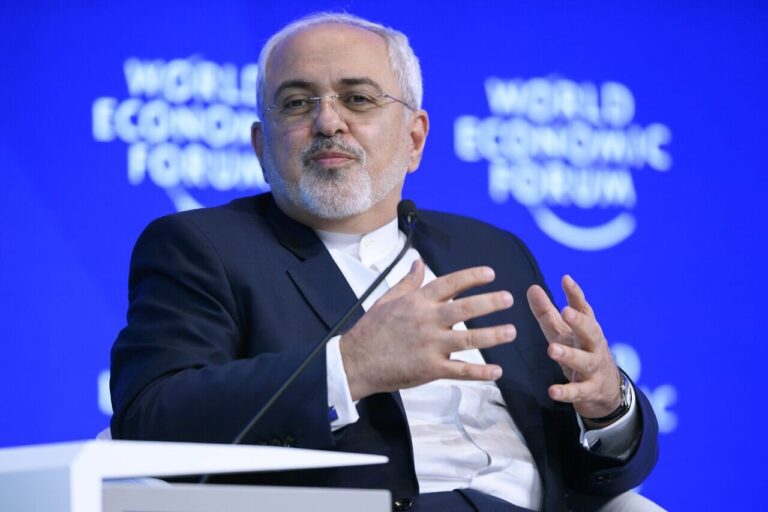
Iran’s Path to Strategic Self-Reliance: Beyond Nuclear Aspirations
An article in Iran Newspaper by Zarif discusses Iran’s defense strategy, emphasizing self-reliance and advanced military capabilities as key to resilience against external threats. He asserts that “strategic self-reliance” is central to Tehran’s defense policy, aimed at preserving sovereignty and regional stability. Zarif highlights Iran’s historical resistance to aggression, continuous military innovations, and the commitment to national security without pursuing nuclear weapons. He urges the international community to focus on destabilizing actions by the Zionist regime, including the conflict in Gaza and aggressions against neighboring states, which contribute to regional tension.
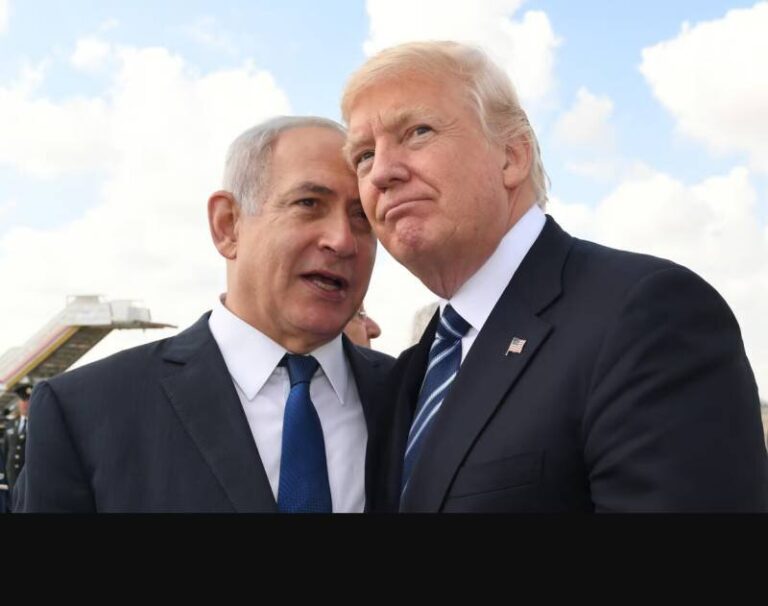
Deepening Divide: Trump and Netanyahu’s Escalating Rift
Tensions are escalating between former President Trump and Israeli Prime Minister Netanyahu during Trump’s second term, driven by conflicting strategies on the Gaza crisis and Iran’s nuclear ambitions. Initially supportive of Israel’s military actions, Trump is now opposing ongoing military operations, advocating for a ceasefire to foster relations with Arab nations. Meanwhile, Netanyahu seeks U.S. airstrikes on Iran’s nuclear sites but faces resistance from Trump. Despite frustrations, Netanyahu remains politically constrained, as Trump retains popularity among his base. This dynamic is illustrated by Trump excluding Israel from a recent Middle East tour, signaling potential shifts in U.S. foreign policy.
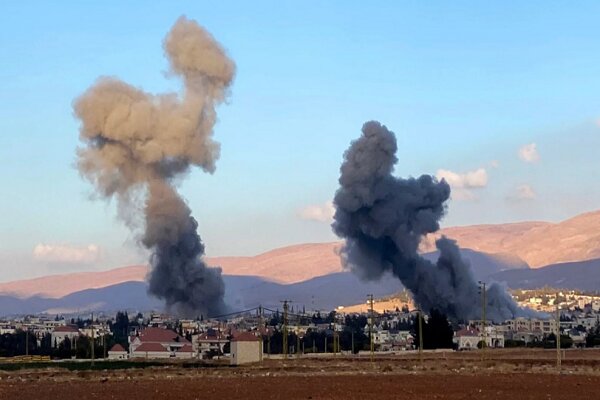
Tragic Israeli Drone Strike Claims 6 Lives in Eastern Lebanon
Tensions between Israel and Lebanon have escalated, with Israeli warplanes conducting intensive flights over southern Lebanon and executing detonation operations, particularly in Adaisseh. Municipalities in the region are warning residents about landmines left by Israeli forces, which pose risks to civilians. The Lebanese government condemns these incursions, asserting that Israel violates the ceasefire established in November 2024. Following Israel’s failure to withdraw by the initial deadline, Lebanon has extended it to February 18. The humanitarian situation remains dire as civilians face military threats and unexploded ordnance, underscoring the need for international diplomatic efforts to restore peace.